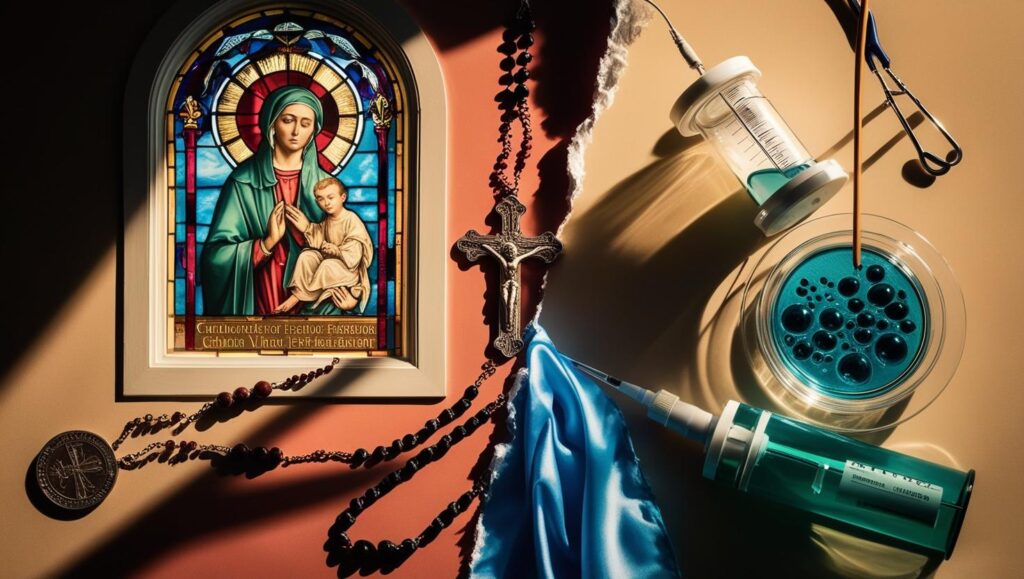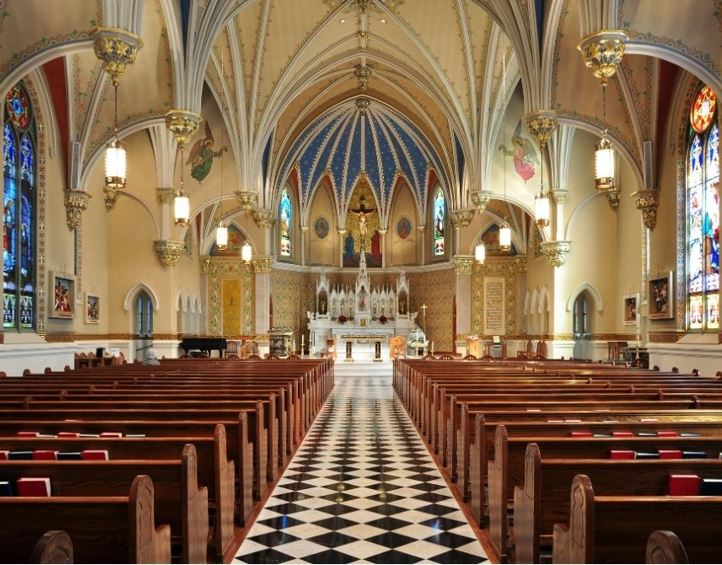I grew up in Enugu, in a quiet compound with neighbors whose stories wove into mine in ways I only began to understand years later. Right next to us lived a man I still can’t forget. Tall, fair, fresh, if I had to describe him now, I’d say he looked like Fat Joe. But back then, to my younger self, he was just the flashy man who didn’t quite fit.
He wasn’t even 30, but he had that “I-just-got-back-from-Yankee” aura. His accent was distinctly American, his wardrobe loud and confident: white canvas sneakers, baggy jeans, big chains, bandanas. You know the type. He had returned from the U.S. and moved into the downstairs flat of his late father’s massive compound. The other flats were rented out, and that was his main source of income. Or so he said.
Even at my young age, no older than 13, I could tell something wasn’t right. His story didn’t add up, but somehow the older girls didn’t see it. Or maybe they didn’t care. Because to them, he was more than just a flashy neighbor. He was opportunity. A potential passport. A chance at something better.
From my upstairs verandah in the neighboring compound, I became a quiet observer. Saturday mornings brought a procession of girls to his door. One would be washing his clothes and hanging them outside. Another would arrive with soup ingredients. Some mothers even encouraged it. After all, this man could be their daughter’s ticket to America.
He wasn’t all flash and flirt, though. Enugu was notorious for water scarcity at the time, broken taps, dry tanks, and constant treks to neighborhood streams called ‘mmiri ala‘. So when he dug a borehole and started selling water, it was honestly a welcome development. At least he was useful.
Then came the day he started hitting on me.
I was still very much a girl, yet he offered me free water and tried to lure me in with sweet words. I teased him about his “minions” and warned him I didn’t want anyone beating me up, there had been fights at his flat before. But he didn’t stop.
One afternoon, I was walking with a friend when we ran into him in his Mercedes Benz. He offered us a ride and bought us chicken and rice at an eatery around Ogui Road. He told us how pretty we were and how we should come hang out sometime. We smiled, ate our chicken, and that was probably the last time I spoke to him.
Because not long after, everything came crashing down.
One quiet afternoon, the drug enforcement agents stormed his compound. He was handcuffed and taken away, just like that. The street stood still. No one saw it coming, but I did. In my own way, I always had.
Looking back now, I understand better the intersection of illusion, desperation, and danger. How foreignness can become currency. How girls can be groomed in plain sight. And how silence can sometimes be the sharpest form of resistance.
I was really young. These are recollections, and accuracy may be impacted. If you read this and think I’m talking about you or someone you know, trust me, I don’t know either of you.







3 Responses
Beautifully drafted and a wonderful read indeed.
I enjoyed the read, I like how you described the whole story while keeping us engaged and straight to the point, I hope the man is okay today wherever he is 🙌🏾
We who were parents really had God’s grace over our affairs! I remember tye charscter and some of what went on. To think such dangers lurked so close to our young children! Wow!